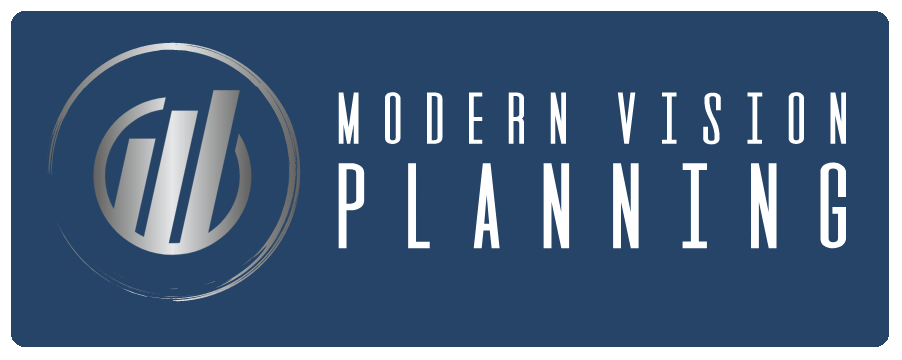5 Common Myths About Independent Financial Planners
Myth #1 - It Will Cost More Money
It is understandable why people think working with an independent financial professional would cost more, since you can simply walk in and out of banks without knowingly paying.
Most people are already being charged on their investments and insurance products through a commission-based model where costs are bundled . MERs on mutual funds generally include the “advisor fee”, while insurance products have compensation “priced in” as well. Normally the company will collect these fees if the advisor is an employee. In other cases, it would be paid as commission to a self-employed contracted advisor or financial planner. In both cases, you are not paying more.
A fee-based model for investments separates the cost of the product and service provided with investments. Generally, this structure is used when dealing with non-mutual fund products or through fee agreements when using mutual funds. This does not increase costs compared to commission models.
In any case, the client is usually not paying directly unless they are working with a fee-only financial planner who charges an hourly rate or based on specific services. They exist as a small fraction of the industry and may be a good fit for certain clients.
Myth #2 - All Financial Planners are the Same
It is important to have a conversation with ANY advisor, to better understand their qualifications and potential areas of focus (which may not be investments). There are some financial planners who may not be familiar with product specific knowledge as generalists.
As mentioned in a previous article about being an independent financial professional, there are various levels of knowledge and different specializations. By having a conversation, an advisor can better understand your needs as an individual and how they can best help.
It is generally understood that a fast-food employee is different from a chef, or a carpenter and plumber are different even with both working in construction; the same concepts apply to the financial industry.
Myth #3 - You Need to be Wealthy
Although there are some investment advisors who require a minimum amount of investable assets (you will usually find this in fee-based models only) or select a specific group of clients to work with, others may open their doors to a more diverse group of clients. There are many financial gaps that may exist during different stages of life; the role of the planner is to help make pro-active decisions, which is helpful to those looking to build for the future.
The key is to understand whether your needs as a client can be better met by an independent vs. alternatives. As I always say, “you don’t know what the don’t”, so having a conversation is the best way to find out whether you can work with the right professional.
Myth 4 - It is Riskier to have Savings with an Independent
Since becoming an independent, I am usually asked by clients if their savings have a greater risk of “disappearing” and the simple answer is NO. Some people believe their money is transferred TO the independent advisor personally, which is not how it works. The advisor does not hold client money. Period.
The Canadian financial industry is structured with a few banks and insurance companies being the dominant names known by people; however, the independent market has been growing steadily as the public gains greater awareness.
Without going into too many details, most advisors operate through a broker or dealer regulated and protected by the following:
Investment Industry Regulatory Association of Canada (IIROC) protected by the Canadian Investor Protection Fund
Mutual Fund Dealers Association (MFDA, except in Quebec) protected by the MFDA Investor Protection Corporation
Canada Deposit Insurance Corporation primarily for savings, chequing accounts, and GICs.
There are coverage limitations for the protection listed above. However, most risk is not based on the broker or dealer, but mainly on the investments held by a client. Another area of risk falls on the advisor, since lack of knowledge, fraud, or misconduct can exist.
Working with a reputable individual possessing strong qualifications and work history should be safe.
Myth 5 - Commissioned Professionals Only Care About Sales
Last, but not least, the big elephant in the room between clients and commissioned professionals, the compensation bias.
As an independent financial planner, it becomes slightly less of a conflict than in most cases. Here are some of the reasons:
- As a Certified Financial Planner, one holds a fiduciary duty to the client as part of their designation. This may be a deterrent in some cases to sell an inappropriate solution.
- Is not committed to a specific company or their products.
- Relies more so on relationship and reputation since they are not associated with a large brand.
- Compensation model may be more flexible to meet the needs of clients.
- You will rarely find an independent who is new to the financial industry. Certified Financial Planners require at least 3 years of experience to qualify for the designation.
Commission and trailer structures have been a hotly debated area of the financial industry for years, with logical arguments for either side. The fact is some people may not be able to afford fee-only advice, or do it themselves, so commissions appear to be a logical solution for those cases.











